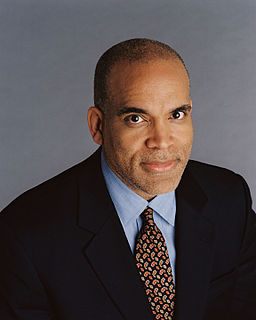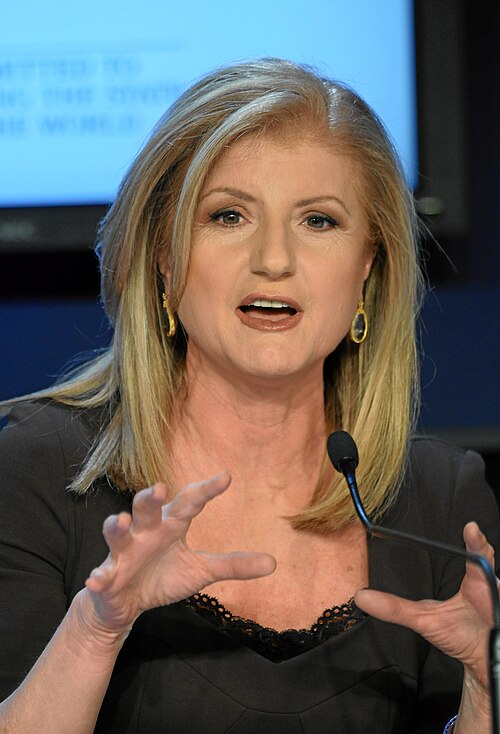 We often hear statements like “what you do in your bedroom should stay out of the boardroom” — patent wishes to disregard how sexuality influences our work. Sex does play into our work, often subtly. We have pictures to prove it.
We often hear statements like “what you do in your bedroom should stay out of the boardroom” — patent wishes to disregard how sexuality influences our work. Sex does play into our work, often subtly. We have pictures to prove it.
Raynard Kington was recently elected as Grinnell College’s 13th president, and soon thereafter the University of Southern California (USC) celebrated the inauguration of Max Nikias, its 11th president. The corresponding photos, or lack thereof, tell a poignant story about displays of sexuality in the workplace.
Dr. Kington’s history of professional accomplishments is substantial; the former acting director of the National Institutes of Health was responsible for spending $10.4 billion as part of President Obama’s economic stimulus package, and his educational background is a triple-threat–MD, PhD and MBA–all from the most prestigious universities. He has a partner and two children, and they live together in the president’s home at the college.
As a husband and parent, he certainly conforms to the traditional image of the college president as family man.  He’s also different from the norm because he’s gay.
He’s also different from the norm because he’s gay.
Now here’s the kicker: the photograph of Dr. Kington above is posted on his blog and originates from the NIH. The image of Kington with his family on the left is embedded from an unfamiliar source. Because as far as we can tell, Grinnell College has no official portrait of President Kington with his family.
Why not?
To seek an answer, let’s look at Max Nikias, USC’s president, who has a whole page devoted to glossy images of him and his family (below right). We strongly believe that presenting a polished picture of the Grinell “first family” is not a matter of limited resources, because Grinnell’s endowment stood at $1.26 billion in January 2011.
Rather, it looks like an issue of displaying sexuality at work. As a straight-identified man, Dr. Nikias openly puts his heterosexuality on display simply by standing next to his wife. Whenever you’re with your spouse or significant other, it’s hard to hide that you’re a sexual being. And it’s common for prominent leaders to showcase their spouses and offspring in their work life. Politicians and college presidents come to mind, for example.
 On an unconscious level, this is a question of coming out for Grinnell’s president, even though he’s already out at work. He even has it somewhat easier than others, with a spouse and children. On one hand, he comes out any time he references his partner, and on the other, should someone see him with his child and refer to his “wife,” he’s likely compelled to correct them with an automatic “my husband.” Rarely would he need to speak the words, “I’m gay.” Still, being out at work is a multi-faceted experience, and in this case we’re examining the visual publicity aspect.
On an unconscious level, this is a question of coming out for Grinnell’s president, even though he’s already out at work. He even has it somewhat easier than others, with a spouse and children. On one hand, he comes out any time he references his partner, and on the other, should someone see him with his child and refer to his “wife,” he’s likely compelled to correct them with an automatic “my husband.” Rarely would he need to speak the words, “I’m gay.” Still, being out at work is a multi-faceted experience, and in this case we’re examining the visual publicity aspect.
Thus, we encourage Dr. Kington to present–online and off-line–a more formal image of his family, which would be helpful for Grinnell College, and for society at large.
We have a dream that one day we’ll all value the influence of our sexuality on who we are and on the work we do, so that someone like Zach Wahls will know better when speaking in favor of marriage equalityand against House Joint Resolution 6 in the Iowa House of Representatives. Raised by his biological mother and her same-sex partner, he concludes his remarks with, “the sexual orientation of my parents has had zero effect on the content of my character,” and the audience erupts in applause
In the workplace, and in the cases of Raynard Kington’s sons and Max Nikias’ daughters, this rings false.
So what’s a good way to display your sexuality at work?
With pride. Pride in your family, and pride in your self.
 A dear friend and colleague, “Sandy,” recently accepted the role of manager of recruiting at a preeminent cultural institution in New York City. Before starting her official first day, her colleagues-to-be took her out to lunch to welcome her into the fold.
A dear friend and colleague, “Sandy,” recently accepted the role of manager of recruiting at a preeminent cultural institution in New York City. Before starting her official first day, her colleagues-to-be took her out to lunch to welcome her into the fold.





 We traveled to Armenia in the summer of 2003 and worked in Ayroum, a small northern village, and helped construct a solar fruit dryer to assist the local economy. In the course of our work we came out, and not without incident. We were interviewed at the time in an Armenian-American ‘zine, and have reprinted the interview below.
We traveled to Armenia in the summer of 2003 and worked in Ayroum, a small northern village, and helped construct a solar fruit dryer to assist the local economy. In the course of our work we came out, and not without incident. We were interviewed at the time in an Armenian-American ‘zine, and have reprinted the interview below.